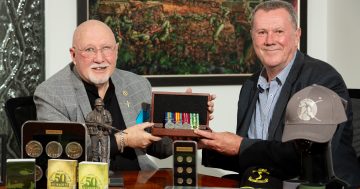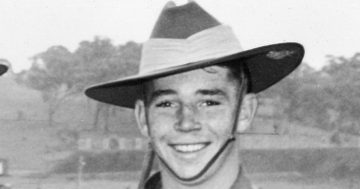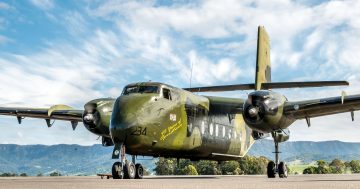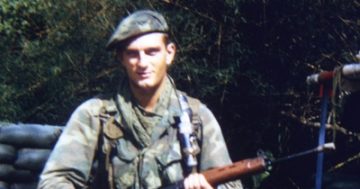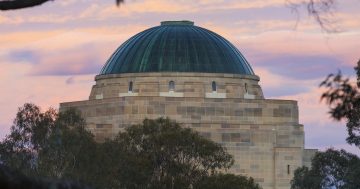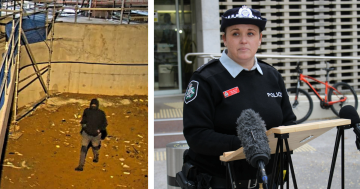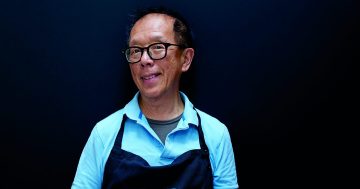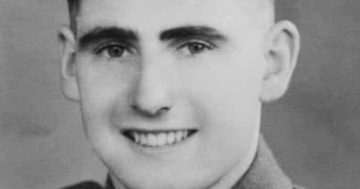
I am writing this Op on the anniversary of the Battle of Long Tan. It is Thursday 18 August 2016. On this day 50 years ago, a battle in the war in Vietnam was to define and shape many Australians well into the future.
I know only too many ex-servicemen who fought in this fruitless war, who bravely did as the country asked them to do – to risk their lives and for some to lose them – in a forward defence strategy of military madness where Australia was tied to the apron strings of the mighty US.
In the Battle of Long Tan, D company of the 6th Australian Regiment faced 2,500 Vietnamese soldiers. By the battle’s end, at least 245 Vietnamese lay dead, with some evidence that more of the dead had been removed from the battlefield, and 18 Australian soldiers lay dead and 24 were wounded.
Engaged in the battle were RAAF support and NZ artillery support, without which all would have been lost. Special mention has to go to the brave guys who were part of (now) Col (retd) Adrian Roberts’ Armoured Personnel Carrier force which went to rescue Lt Col Harry Smith’s company under fire. Examples of extreme valour in the face of overwhelming odds and severe fire were everywhere.
We commemorate this battle to pay tribute to all the soldiers who went to a foreign land and gave their all.
That this was a war in which we should not have been engaged does not lessen the sacrifice nor diminish the bravery of those soldiers, who to this day carry horrendous memories, wrestle with the Black Dog of PTSD, and who remember the lack of respect we gave them on their return.
Some years ago, I went to North Vietnam on a visit. It is a wondrous place and I recommend it highly. I saw, though, the war from the perspective of the Vietnamese through their memorials and museums. Quite a different story! But a story complete with evidence of extreme valour from their fighters, from their civilians, and examples of man’s inhumanity to man – napalm, Agent Orange and the B52 bombing blitzkrieg.
It is said that the victors write the history. Well, I’m not sure about that. The Americans have one story and the Vietnamese have another.
At the end of my visit, my wife and I were invited by our guide, a most charming man, and his wife to have lunch with his parents in a village some kilometres out from Hanoi. This was truly an honour and most unexpected.
His parents did not speak English and I had no Vietnamese so our guide translated. His mother made the most remarkable of meals from fresh meat and vegetables we bought along the way.
The father was my age. I wanted to express to him my feelings of sorrow for what happened to the Vietnamese people during that period and did so. His story was poignant.
He was a North Vietnamese soldier and was shot in the legs during a firefight with a US Army patrol. His friends hid him under a bush with instructions not to make a sound and they left him. Shortly afterwards the US soldiers passed by not seeing him and continued to pursue the rest of his group. A firefight ensued and all the Vietnamese soldiers were killed.
After making his way home to his village, he recovered enough to work in the rice fields but the Army discharged him.
I asked him whether he felt any antipathy towards the Australians for their part in the war and he said something I will remember always and which has helped me immensely.
He said they called it the American War, not the Vietnam War. Their problem was always with the Americans. He has mixed feelings about the US soldiers (I remember My Lai) but he said that he and his fellow soldiers didn’t even know the Australians were there, such was our small number. He felt no antipathy at all towards Australia and said it was an honour to have me in his home. I was humbled and held back tears.
I do believe that the South Vietnamese may have a different perspective given that this was the part of the country where most of the Australian activity took place. But I harbour a hope that we can now just get on with life and treat each other with respect.
I recommend a book by Michael Maclear entitled The 1000 Day War – Vietnam 1945-1975 – It opened and blew my mind and gave the truth. It was turned into a TV series well worth watching.
Finally, I was disappointed that the Vietnamese government stopped the commemoration at Long Tan. To have allowed that hallowed ground to be honoured and respected would have been a generous gesture. Perhaps they should look to Turkey for leadership in this manner.












